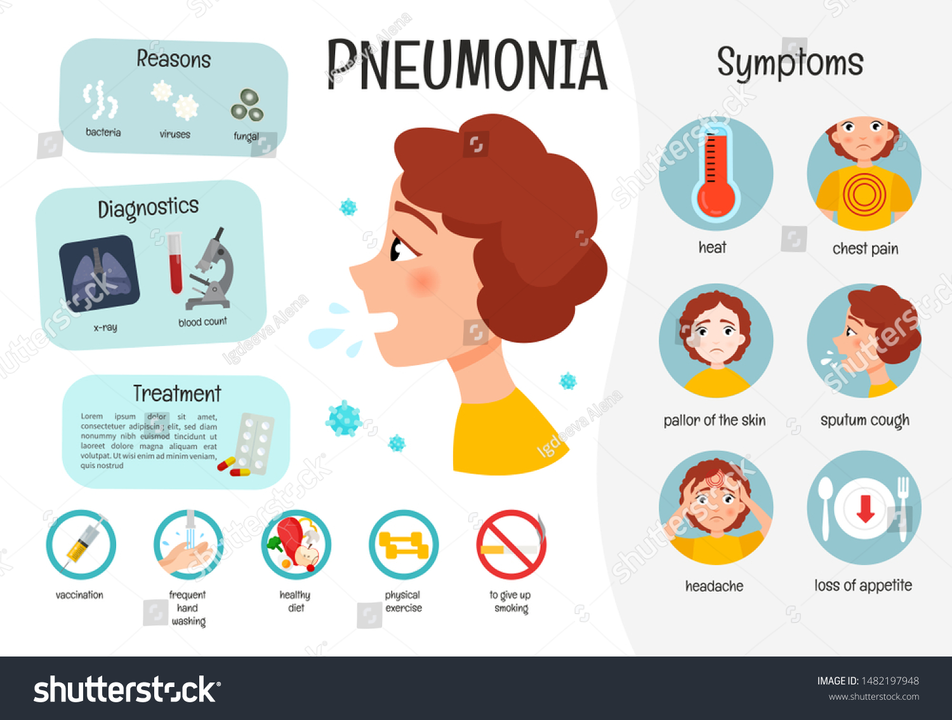Pneumonia prevention: simple, practical steps you can use today
Pneumonia can hit fast and be serious, but a few straightforward habits cut your risk a lot. This guide gives clear actions — vaccines, daily habits, and when to call your doctor. No jargon, just useful steps you can start right away.
Vaccines that really help
Vaccines are the single most effective tool against many types of pneumonia. Get your yearly flu shot — influenza often leads to pneumonia if it’s left unchecked. For bacterial pneumonia, ask your doctor about pneumococcal vaccines. Adults 65+ and people with certain conditions (diabetes, COPD, weakened immune systems) usually need a pneumococcal shot. Children follow a scheduled series of pneumococcal vaccines starting in infancy. If you’re unsure which vaccine you need, a quick call to your clinic clears it up.
Daily habits that cut your risk
Wash your hands for 20 seconds with soap and water, especially after being in public, before eating, and after coughing or sneezing. Use alcohol-based sanitizer when soap isn’t available. Cover coughs with your elbow and clean high-touch surfaces at home — doorknobs, phones, and remote controls. Try to avoid crowded indoor spots during peak respiratory infection seasons, or wear a mask if you can’t avoid them.
Quit smoking or cut back. Smoking damages the tiny hairs in your airways that clear germs. If you vape, consider stopping too — lung defense weakens with smoke and vape exposure. Good oral hygiene matters as well: for older adults, keeping teeth and gums clean lowers the chance of bacteria moving into the lungs and causing aspiration pneumonia.
Manage chronic conditions. If you have asthma, COPD, heart disease, or diabetes, follow your treatment plan and keep regular checkups. Proper control of these illnesses lowers pneumonia risk. Stay active, get enough sleep, and eat a balanced diet with enough protein and vitamins — these support your immune system and help you recover from infections faster.
Watch for warning signs and act early. Seek medical help if you have high fever, fast breathing, chest pain when breathing, confusion, or persistent cough. Older adults and people with weakened immune systems often show subtle signs — sudden weakness or lower alertness can mean trouble.
For caregivers: don’t ignore vaccination and hand hygiene. If you help someone with swallowing problems, work with a speech therapist or nurse to reduce aspiration risk — small changes in diet texture and feeding position can make a big difference.
Small habits add up. Get vaccinated, keep your hands clean, avoid smoke, manage chronic issues, and watch for early symptoms. Follow those steps and you’ll cut your chances of pneumonia and be ready to act fast if symptoms appear.

Pneumonia Prevention: Tips for Staying Healthy
As a health-conscious individual, I'm always looking for ways to stay healthy and avoid illnesses like pneumonia. In my research, I've discovered that maintaining good hygiene, getting vaccinated, and leading a healthy lifestyle are essential for pneumonia prevention. Additionally, steering clear of smoking and managing chronic conditions like diabetes can significantly reduce our risk of developing pneumonia. So, let's all take these preventive measures to heart and strive for a healthier, pneumonia-free life!
view more




